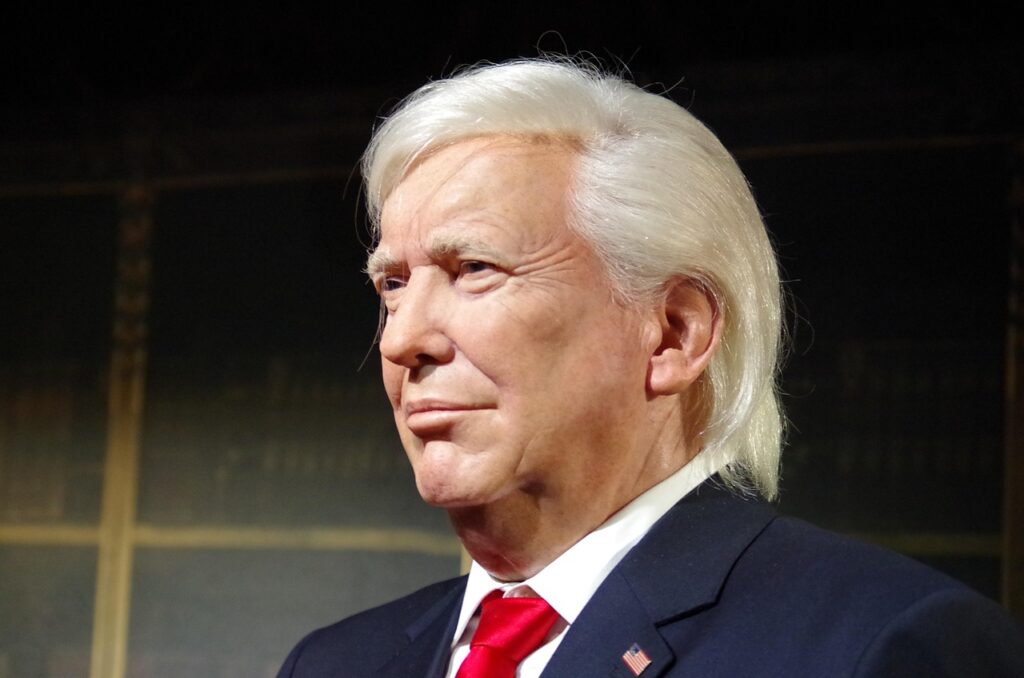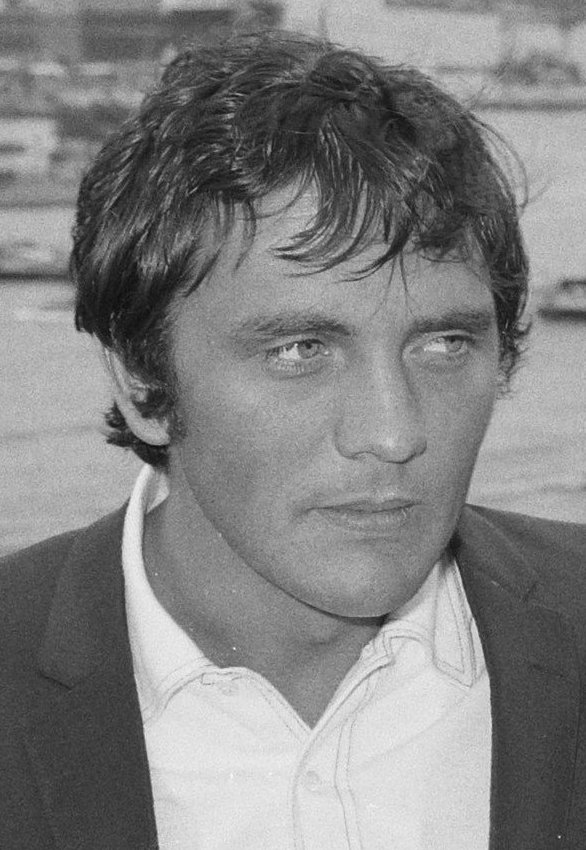
The landscape of American late-night television, long a bastion for political satire and cultural commentary, was dramatically altered with the abrupt and indefinite suspension of ABC’s “Jimmy Kimmel Live!” This decision, following a contentious monologue delivered by host Jimmy Kimmel, immediately ignited a national conversation, laying bare deep divisions over media responsibility, political pressure, and the very definition of free speech in a hyper-polarized environment. The suddenness of the event left many stunned, while others saw it as an inevitable outcome of Kimmel’s increasingly politicized brand of comedy and deteriorating ratings.
The immediate aftermath of Kimmel’s suspension presented two starkly contrasting narratives. For many on the left and advocates for civil liberties, it represented a chilling act of government censorship, a clear and present danger to the First Amendment, orchestrated by an administration intent on silencing dissenting voices. This perspective highlighted the powerful influence of political figures and regulatory bodies in shaping media content, transforming Kimmel from a late-night host into a potential martyr for free expression.
Conversely, a significant segment of critics, particularly on the right, viewed the suspension not as censorship, but as a justified consequence for what they characterized as lies, inflammatory rhetoric, and a consistent failure to deliver engaging, broad-appeal comedy. This viewpoint posited that Kimmel’s ego and “toxic politics” had finally caught up to him, exacerbated by a struggling viewership and perceived dishonesty about a sensitive political event. To truly understand the gravity and multifaceted nature of this unfolding drama, it is imperative to dissect the various components that led to this unprecedented moment and the immediate repercussions that rippled through the media and political spheres.
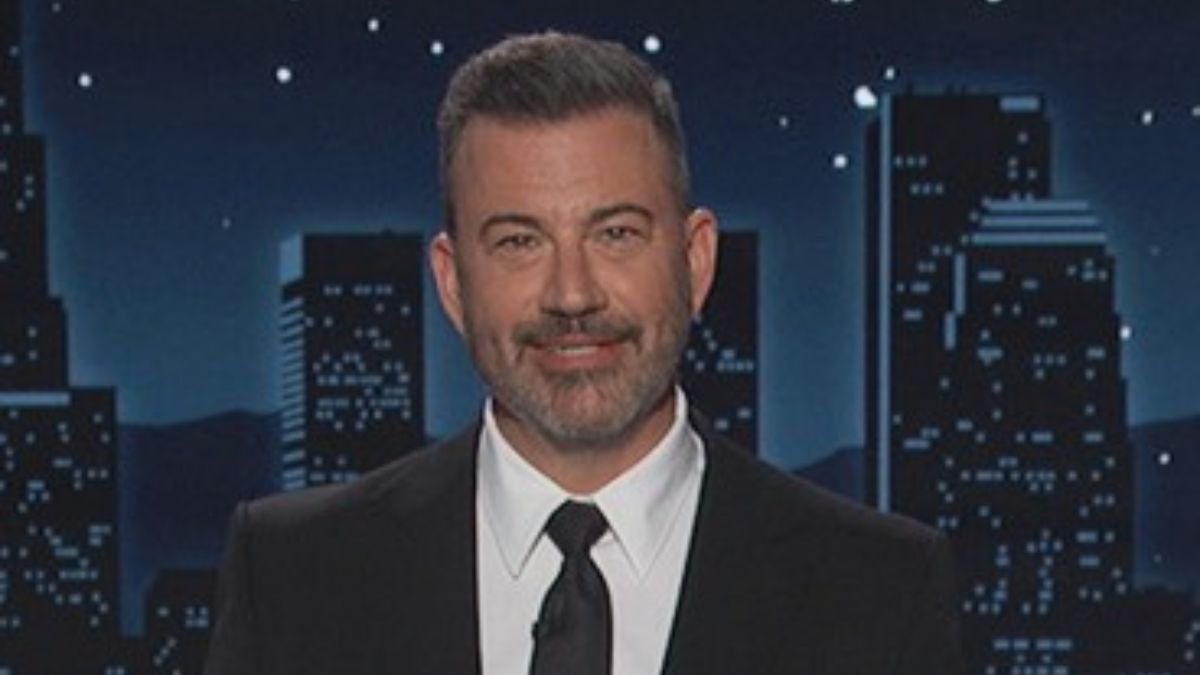
1. **Kimmel’s Inflammatory Monologue Triggers Uproar** The catalyst for the dramatic events unfolded during Jimmy Kimmel’s monologue on Monday night, September 15th, when he addressed the killing of Charlie Kirk. Kimmel chose to “dip his toes in the water of the conspiracy theory that Kirk was killed by a right-wing supporter of President Donald Trump,” making remarks that quickly drew sharp criticism. Specifically, he stated, “We hit some new lows over the weekend with the [Make America Great Again] gang trying to characterize this kid who killed Charlie Kirk as anything other than one of them.”
This assertion immediately sparked controversy, primarily because the 22-year-old accused killer was described in the context as “anything other than part of the MAGA gang.” The context detailed the perpetrator as a “left-wing lunatic who shot Kirk because he thought Kirk was hateful, wrote “Hey fascist! Catch!” on one of the bullet casings, and had a transgender “girlfriend.” Critics swiftly seized upon Kimmel’s statements, labeling them a deliberate falsehood designed to misrepresent the facts of a major political assassination.
The gravity of Kimmel’s comments was amplified by the sensitive nature of the topic—a recent killing that had already become a focal point of political debate. His words were perceived by many as an attempt to score political points by inaccurately associating the alleged killer with a specific political movement. This immediately positioned his monologue not merely as comedic commentary, but as a source of potentially misleading information, fueling the subsequent backlash and calls for accountability.
Even as Kimmel’s supporters argued his comment was taken out of context, suggesting he was pointing out MAGA’s instinct to cast blame rather than seek truth, the immediate impact was a perception of a “vile disgusting lie.” This initial statement laid the groundwork for the cascade of events that would follow, directly challenging the integrity of his journalistic-adjacent commentary on a late-night platform. The political charge of his words became undeniable, placing him squarely in the crosshairs of a national debate.
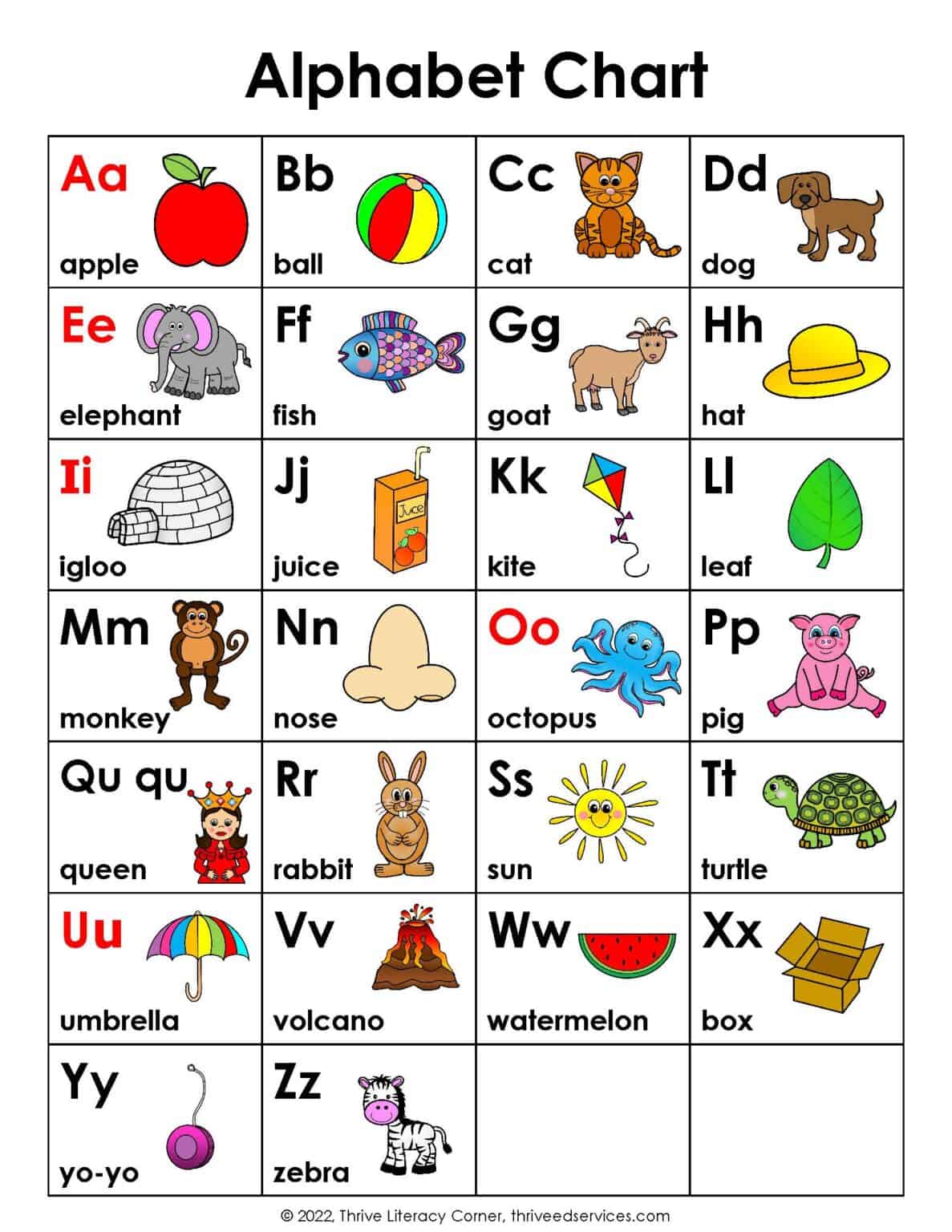
2. **ABC’s Indefinite Suspension Sends Shockwaves** The most immediate and profound consequence of Kimmel’s monologue was ABC’s decision to pull “Jimmy Kimmel Live!” from its schedules “indefinitely.” This announcement, which came swiftly after the controversial remarks, marked an unprecedented move for a network known for its long-standing late-night programming. The official statement from a spokesperson for the network confirmed to USA TODAY on Sept. 17 that “Jimmy Kimmel Live!” would be “pre-empted indefinitely,” a phrasing that signaled a significant and potentially permanent disruption.
The term “indefinitely” immediately raised questions about the show’s future, with many interpreting it to mean that “the chances of its returning are negligible.” While ABC itself did not cite a specific reason for the suspension in its public statement, the timing in conjunction with the intense public and governmental pressure left little doubt as to the underlying causes. The network’s silence on an explicit reason only amplified speculation and concern across the industry and among the public.
The abruptness of the cancellation was highlighted by scheduled guests, such as comedian Wanda Sykes, who posted an Instagram video noting she was “in a full face of makeup” and ready to go on air when the show was abruptly pulled. This unexpected turn of events underscored the swift and decisive nature of ABC’s action, catching even those directly involved off guard. The suspension was a stark reminder of the power dynamics at play between talent, network executives, and external pressures, particularly in a politically charged climate.
For many, ABC’s move represented a concerning capitulation to external forces. Former president Barack Obama, for instance, criticized media companies for “capitulating” rather than standing up to threats. This viewpoint framed the network’s decision not merely as a business choice but as a broader erosion of media independence. The indefinite nature of the suspension also left the door open for continued speculation about Kimmel’s future, including potential returns on streaming services or his role with other employers like the Academy Awards, though these remained uncertain.
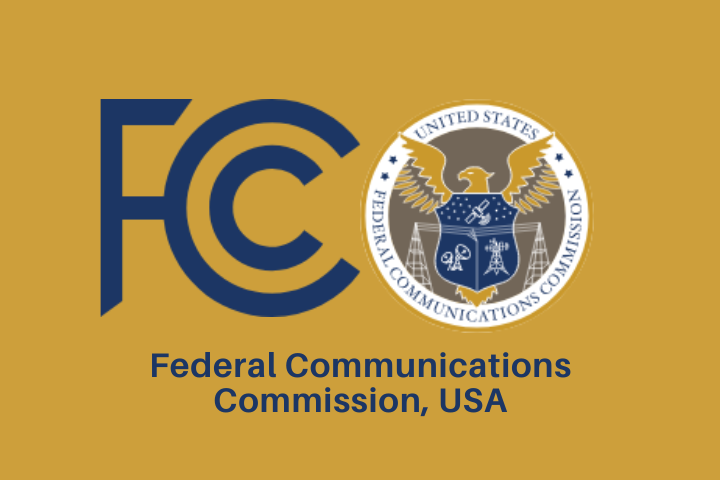
3. **FCC Chairman Brendan Carr Exerts Regulatory Pressure** A pivotal figure in the unfolding drama was Brendan Carr, the Chairman of the Federal Communications Commission (FCC), whose vocal condemnation of Kimmel’s comments significantly escalated the pressure on ABC. Carr’s involvement transformed the controversy from a mere media gaffe into a matter of governmental scrutiny, raising serious questions about the separation of powers and media regulation. Speaking on a podcast hosted by a conservative commentator, Carr explicitly “took issue with comments Kimmel had made in Monday’s onscreen monologue about Republicans’ reaction to Charlie Kirk’s killing.”
Carr’s remarks were not merely critical; they carried the weight of regulatory authority. He called Kimmel’s comments “truly sick” and stated that his agency “had a strong case for holding Kimmel, ABC and network parent Walt Disney Co. accountable for spreading misinformation.” This public declaration from a high-ranking government official was interpreted by many as a direct threat of regulatory action against the network and its parent company. It suggested that the FCC, under Carr’s leadership, was prepared to intervene in what is traditionally considered editorial content, setting a dangerous precedent.
His tweets further cemented this stance, with Carr writing, “Local broadcasters have an obligation to serve the public interest.” He then directly singled out ABC’s parent company, stating, “While this may be an unprecedented decision, it is important for broadcasters to push back on Disney programming that they determine falls short of community values.” These statements were widely seen as a clear signal to broadcasters that their programming choices, particularly those perceived as politically inflammatory or factually inaccurate, could invite governmental repercussions.
The FCC’s perceived involvement—and the network’s compliance—drew widespread condemnation from left-leaning politicians and nonpartisan groups alike, who viewed it as a direct challenge to the First Amendment. This government pressure added a layer of grave significance to Kimmel’s suspension, transforming it into a national debate over the extent to which government officials can, or should, influence the content aired by private media corporations. The implications for journalistic independence and free expression became a central point of concern.
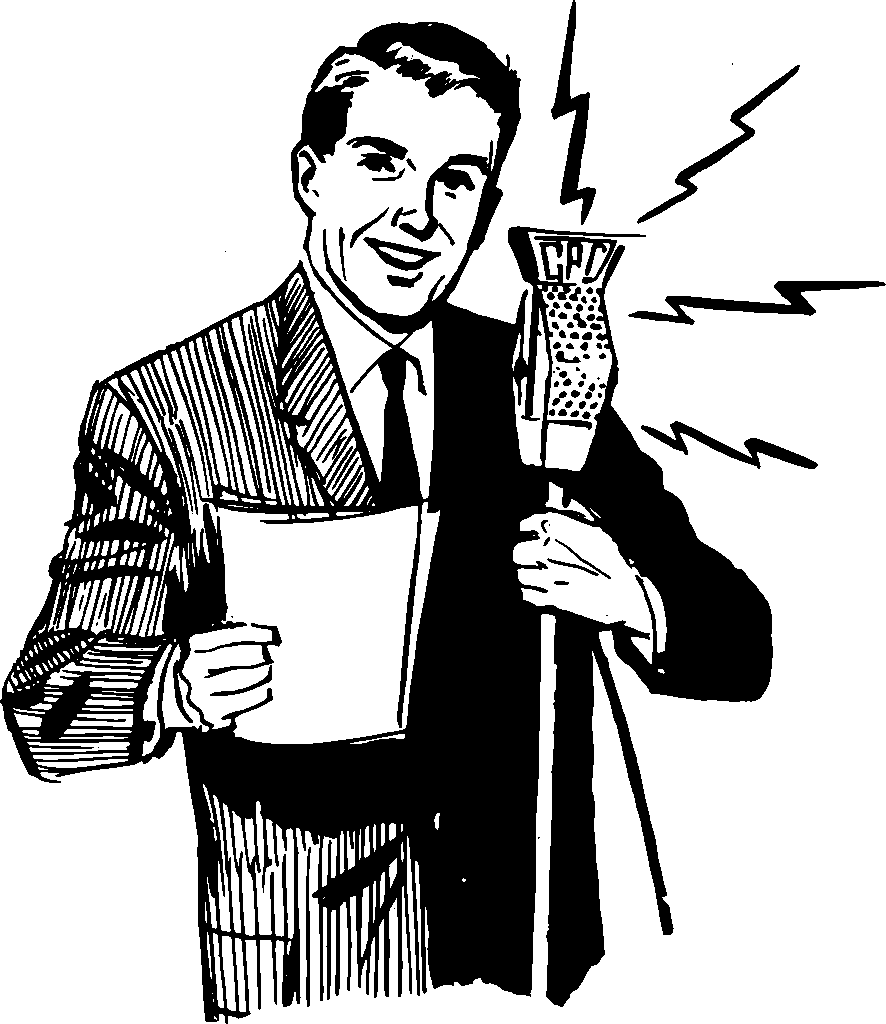
4. **Broadcaster Capitulation: Nexstar and Sinclair Pull the Show** The pressure exerted by FCC Chairman Brendan Carr and the broader conservative outcry swiftly translated into tangible actions from major broadcasting groups. Notably, Nexstar Media Group Inc., which operates 32 of the country’s ABC stations, announced its decision to pull “Jimmy Kimmel Live!” from its affiliates even before ABC’s official suspension notice. This pre-emptive move by a significant broadcast operator demonstrated the immediate and widespread impact of the controversy.
Sinclair Broadcast Group, another major TV station operator, quickly followed suit, further amplifying the impact of the suspension across the country. These independent decisions by station groups to pre-empt a national network’s flagship late-night program were highly unusual and indicative of the intense political and regulatory climate. The alacrity with which these broadcasters acted underscored the perceived threat of inaction, particularly for companies with pending regulatory approvals.
Nexstar’s specific situation added another layer of concern: the company was, at the time, “currently seeking FCC approval for a $6.2 billion merger” to purchase Tegna, a smaller rival. This financial incentive, coupled with Carr’s explicit statements, led many to interpret Nexstar’s decision as a direct capitulation to government pressure, an attempt to secure regulatory favor by demonstrating alignment with perceived “community values.” The Foundation for Individual Rights and Expression (FIRE) lamented this trend, stating, “We cannot be a country where late night talk show hosts serve at the pleasure of the president. But until institutions grow a backbone and learn to resist government pressure, that is the country we are.”
Sinclair Vice Chairman Jason Smith publicly applauded Carr’s remarks, further emphasizing the perceived alignment between broadcast groups and the administration’s stance. Smith called Kimmel’s remarks “inappropriate and deeply insensitive” and urged the FCC “to take immediate regulatory action to address control held over local broadcasters by the big national networks.” These actions by major affiliate groups underscored a chilling precedent, where political pressure and potential regulatory benefits appeared to influence programming decisions, raising profound questions about the future independence of local broadcasting.
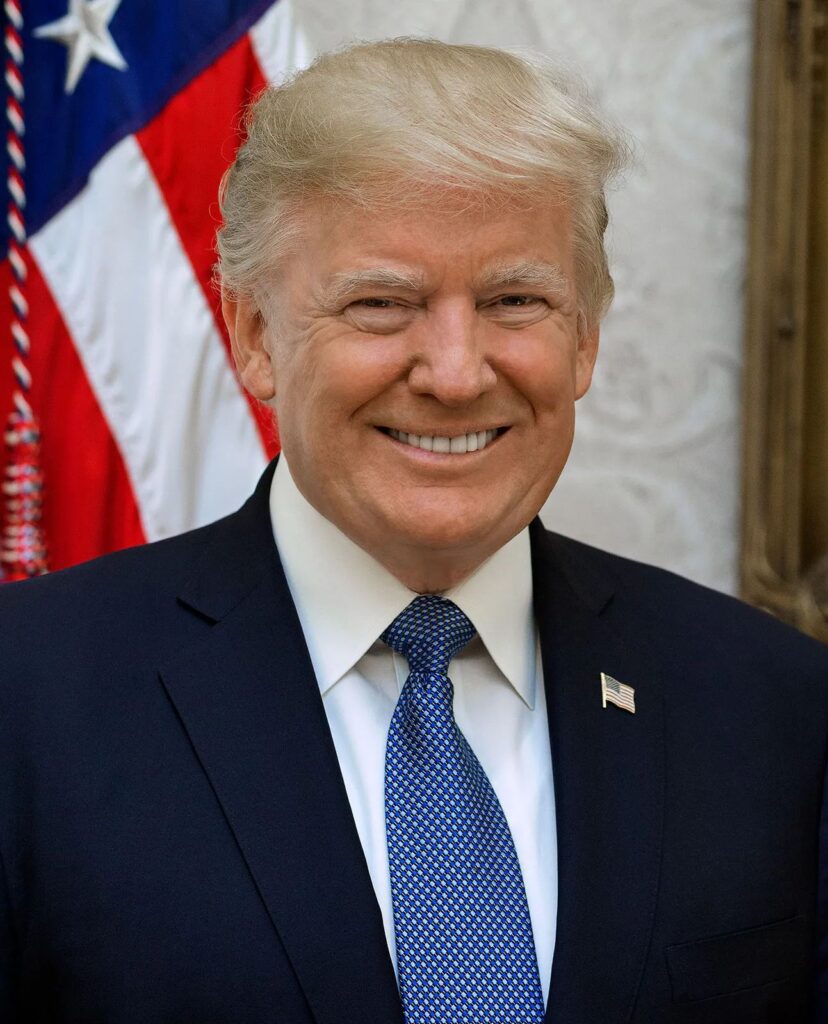
5. **President Trump’s Celebratory Response and Critique** Amidst the unfolding controversy, President Donald Trump wasted no time in publicly celebrating Jimmy Kimmel’s suspension, framing it as a vindication of his long-standing criticism of the late-night host and an affirmation of his own political narrative. Trump took to Truth Social, applauding ABC for “finally having the courage to do what had to be done.” His commentary went beyond a simple endorsement of the suspension; it was a scathing indictment of Kimmel’s talent and ratings.
Trump wrote, “Great News for America: The ratings challenged Jimmy Kimmel Show is CANCELLED.” He continued, “Congratulations to ABC for finally having the courage to do what had to be done. Kimmel has ZERO talent, and worse ratings than even Colbert, if that’s possible.” This critique directly attacked Kimmel’s professional competence and commercial viability, suggesting that the suspension was less about censorship and more about a failing product. He also extended his criticism to other late-night hosts, adding, “That leaves Jimmy and Seth, two total losers, on Fake News NBC. Their ratings are also horrible. Do it NBC!!! President DJT.”
This immediate and forceful reaction from the President underscored the highly politicized nature of the entire event. For Trump and his supporters, Kimmel’s suspension was a deserved outcome for a host who had become a “longtime critic of Trump, who has regularly criticized the president on his late-night show and while hosting the Academy Awards.” The narrative from this perspective was that Kimmel had “simply failed at his job” and that his “overpoliticized ‘comedy’” and perceived dishonesty were the true reasons for his downfall, rather than any infringement on free speech.
Trump’s gloating was also seen by the left as an act designed to “embolden his opponents even further,” potentially turning Kimmel into a “martyr for supposed free speech.” However, from the President’s viewpoint, the event served as a public demonstration of accountability for media figures he deemed biased or untalented. His remarks cemented the idea that the suspension was a consequence, not of censorship, but of poor performance and irresponsible commentary, aligned with a broader effort to push back against media perceived as hostile.
Read more about: The Deepening Political Divide: Ilhan Omar and the Backlash Following Charlie Kirk’s Assassination
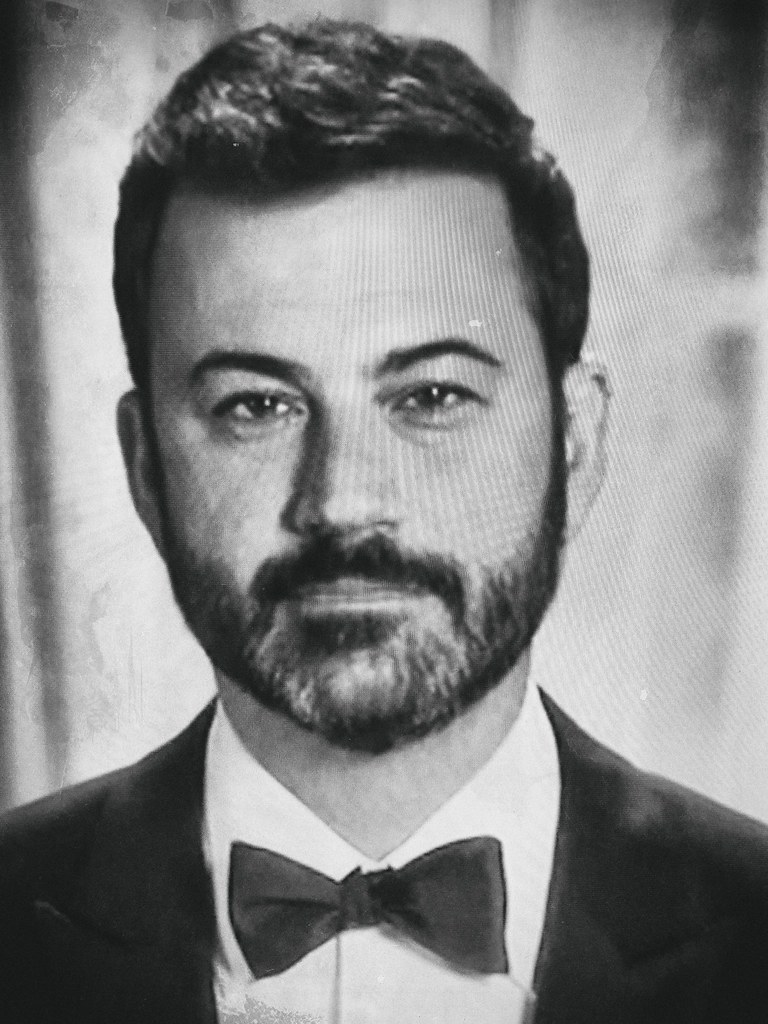
6. **Democratic Leaders Condemn the Move as an Attack on Free Speech** The suspension of “Jimmy Kimmel Live!” provoked a fierce and unified condemnation from numerous Democratic leaders, who unequivocally framed the event as a dangerous assault on the First Amendment and an egregious abuse of governmental power. These politicians expressed profound alarm at the implications of the Trump administration’s perceived involvement in silencing a media voice, rallying strongly against what they characterized as censorship.
Representative Robert Garcia, D-Calif., ranking member of the House Oversight committee, swiftly announced that he would launch an investigation into the Trump administration, ABC, and Sinclair, citing “ongoing efforts to censor opposition to the President of the United States.” Garcia declared, “Every American has a duty to stand up for our First Amendment values. We will not be silent as our freedoms are threatened by corrupt schemes and threats. Anyone who is complicit will need to answer to us.” This signaled a proactive legislative response to what Democrats saw as a direct threat to democratic principles.
High-profile Democratic figures, including Illinois Gov. JB Pritzker and California Gov. Gavin Newsom, also weighed in, stating that Trump’s and Carr’s words contradicted their past statements in favor of free speech. Former Vice President Kamala Harris warned that Americans were witnessing “an outright abuse of power” at the hands of her opponent, asserting that the administration was “attacking critics and using fear as a weapon to silence anyone who would speak out.” She urged, “We cannot dare to be silent or complacent in the face of this frontal assault on free speech.”
Further amplifying this chorus, Senator Chris Murphy, D-Conn., lamented “the systematic destruction of free speech in this country,” citing Kimmel and Colbert as examples. He issued a “red-alert moment,” urging Americans to protest. DNC Chair Ken Martin stated, “The state under Donald Trump has amassed a chilling record of restricting speech, extorting private companies, and dropping the full weight of the government censorship hammer on First Amendment rights.” These strong statements from across the Democratic party underscored a shared belief that the Kimmel suspension represented a critical juncture for the nation’s constitutional freedoms.
Read more about: U.S. Navy’s Caribbean Operations: An In-Depth Look at Vessel Interdictions, Escalating Tensions with Venezuela, and Legal Scrutiny

7. **Civil Liberties Advocates Raise Alarm Over First Amendment Threats** The perceived governmental involvement in Jimmy Kimmel’s suspension immediately triggered serious concerns from civil rights groups and free speech organizations, who viewed the event as a direct and dangerous threat to the foundational principles of the First Amendment. These groups emphasized that the circumstances surrounding the suspension transcended mere political disagreement, touching upon the very essence of protected expression in a democratic society.
Christopher Anders, director of the ACLU’s Democracy and Technology Division, issued a stark warning, stating, “The Trump administration’s actions, paired with ABC’s capitulation, represent a grave threat to our First Amendment freedoms.” This statement underscored the dual concern: both the government’s aggressive posture and the media corporation’s willingness to comply under pressure. The ACLU’s position highlighted the broader implications for “Americans as a whole,” suggesting that what happened to Kimmel could set a precedent for others.
The Foundation for Individual Rights and Expression (FIRE), another prominent free speech advocacy group, echoed these concerns with equally strong language. FIRE declared, “We cannot be a country where late night talk show hosts serve at the pleasure of the president. But until institutions grow a backbone and learn to resist government pressure, that is the country we are.” This statement not only condemned the government’s actions but also critically called upon media institutions to demonstrate greater resilience in the face of political intimidation.
These organizations consistently reinforced the argument that regardless of one’s opinion on Kimmel’s specific remarks or comedic style, the principle at stake was far larger. Former President Barack Obama articulated this broader principle, stating that the situation represented “precisely the kind of government coercion that the First Amendment was designed to prevent.” The collective alarm from civil liberties advocates underscored the significant impact of the Kimmel suspension, positioning it as a critical test for the strength and resilience of free speech protections in the United States.
The suspension of “Jimmy Kimmel Live!” reverberated far beyond the immediate political and regulatory spheres, eliciting a wide array of reactions from Hollywood unions, celebrities, and industry commentators. This broader impact revealed deeper currents within the entertainment world, highlighting long-standing criticisms of Kimmel’s comedic approach, the precarious financial landscape of late-night television, and the evolving dynamics of free speech debates in a highly polarized nation. As the dust began to settle on the initial shock, a more nuanced understanding of the event’s significance began to emerge, touching upon the very fabric of media independence and artistic expression. This examination delves into these wider implications, offering a comprehensive view of how Kimmel’s predicament illuminated fault lines across various sectors of American society.

8. **Hollywood Unions Rally Against Censorship** The abrupt suspension of Jimmy Kimmel’s show prompted a swift and unified condemnation from major labor unions across Hollywood, underscoring a deep concern for freedom of expression within the entertainment industry. Organizations representing writers, actors, and musicians were quick to assert their unwavering support for the principle of free speech, viewing the incident as a dangerous precedent. This collective response highlighted the industry’s sensitivity to perceived governmental interference in creative content, transforming Kimmel’s personal ordeal into a rallying cry for artistic autonomy.
The Writers Guild of America (WGA), which represents Kimmel’s writers, issued a potent statement against “anyone who uses their power and influence to silence the voices of writers, or anyone who speaks in dissent.” The union emphasized that the Constitution protects “the freeing agreement to disagree,” directly challenging the pressures that led to the suspension. They concluded with a pointed message to those in power: “Shame on those in government who forget this founding truth. As for our employers, our words have made you rich. Silencing us impoverishes the whole world.” This declaration positioned the WGA squarely against any form of perceived censorship, asserting the economic and cultural value of unbridled expression.
Similarly, SAG-AFTRA, representing performers and media professionals, characterized ABC’s decision as “the type of suppression and retaliation that endangers everyone’s freedoms,” signaling an existential threat to their members’ ability to speak out. The American Federation of Musicians of the United States and Canada echoed this alarm, directly accusing the Trump administration of engaging in “state censorship.” Union president Tino Gagliardi underscored the gravity of the situation, stating, “It’s now happening in the United States of America, not some far-off country. It’s happening right here and right now,” stressing the immediate and domestic nature of the perceived threat.
The Producers Guild of America also weighed in, releasing a statement that championed free speech as “fundamental to our democracy” and “the lifeblood of our industry.” Their message underscored the historical role of late-night television as a vital platform for satire and commentary, contributing significantly to national dialogue. The Guild unequivocally declared, “The Producers Guild of America condemns censorship, and stands will all who exercise their First Amendment rights,” reinforcing the industry’s collective resolve against attempts to curtail creative and critical voices.
Read more about: Amal Clooney’s Audacious Vintage Galliano Moment Steals the Show at Cannes 2025
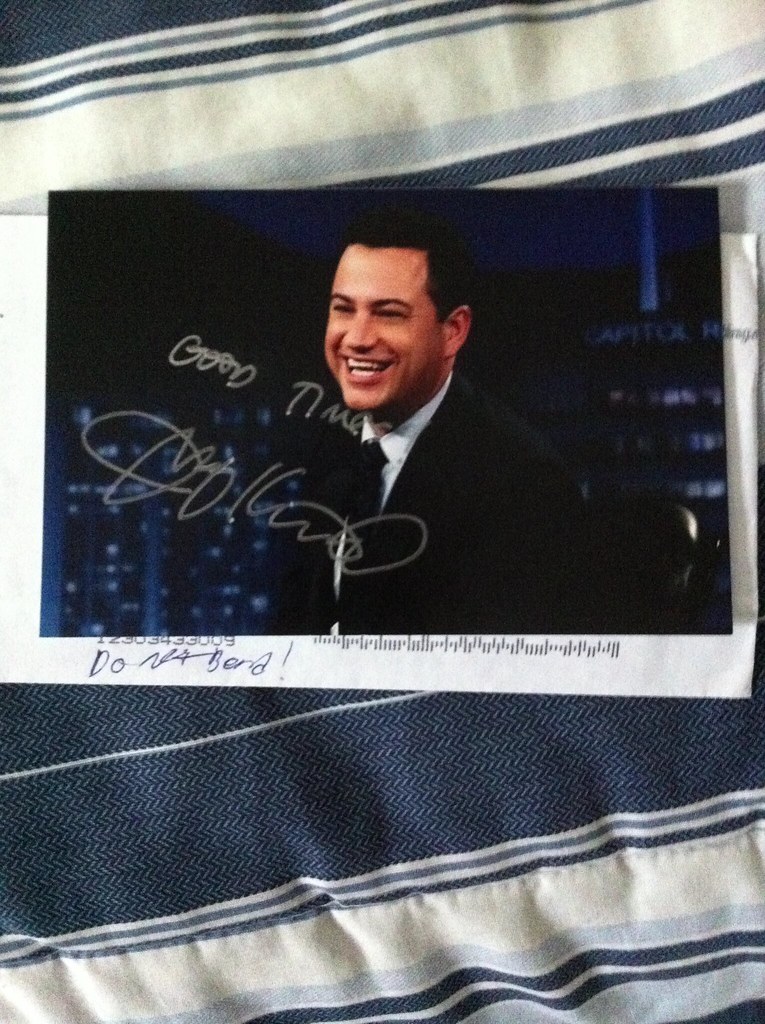
9. **Celebrity Voices Express Outrage and Support** The indefinite suspension of “Jimmy Kimmel Live!” sparked widespread outrage and an outpouring of support from Kimmel’s high-profile friends and fellow celebrities. From actors and comedians to former late-night titans, many voiced their dismay, often linking the event to broader concerns about governmental overreach and the erosion of free speech. Their reactions served to amplify the controversy, turning a network decision into a national conversation among public figures.
Comedian Wanda Sykes, who was scheduled to be a guest on Kimmel’s show the night of its abrupt cancellation, posted an Instagram video from her dressing room, noting she was “in a full face of makeup” and ready to go on air. Her personal experience underscored the suddenness of the event. Sykes used the opportunity to deliver a biting critique of the administration, stating, “He didn’t end the Ukraine war or solve Gaza within his first week, but he did end freedom of speech within his first year.” She urged those who pray to do so and concluded with a message of solidarity: “Love you, Jimmy.”
Retired television host David Letterman, a legendary figure in late-night, stood in solidarity with Kimmel, whom he called “my good friend.” Speaking at The Atlantic Festival, Letterman warned of the dangers inherent in the situation: “in the world of somebody who is an authoritarian, maybe a dictatorship, sooner or later, everyone is going to be touched.” He expressed deep concern, stating, “This is a misery. I feel bad about this because we all see where this is going, correct? It’s managed media. It’s no good. It’s silly. It’s ridiculous. And you can’t go around firing somebody because you’re fearful or trying to suck up to an authoritarian, criminal administration in the Oval Office. That’s just not how this works.”
Other notable figures also weighed in with strong condemnations. Actress Jean Smart, known for playing a late-night host on television, expressed her horror, asserting, “What Jimmy said was FREE speech, not hate speech.” She observed a troubling trend where “People seem to only want to protect free speech when it suits THEIR agenda.” Actor Ben Stiller simply tweeted, “This isn’t right,” encapsulating a widespread sentiment of disbelief. Comedian Mike Birbiglia issued a challenge to his peers, arguing that any comedian failing to “call out the insanity of pulling Kimmel off the air” should no longer “bother spouting off about free speech anymore.”
Even figures with ties to Disney, ABC’s parent company, expressed their disapproval. Josh Gad, voice of Olaf in Disney’s “Frozen” franchise, called out the company directly on Threads, writing, “Hey Disney… this ain’t it.” Podcast host Marc Maron decried the suspension as “government censorship” and urged his followers to recognize it as “the deciding moment” for those who believe in true freedom and constitutional rights. The collective voice of Hollywood’s elite underscored the perceived gravity of the situation, transforming Kimmel’s suspension into a flashpoint for broader debates on media independence and the role of satire in a democratic society.
Read more about: From Beyhive to ARMY: Unpacking Hollywood’s Most Devoted Fandoms and Their Incredible Power!
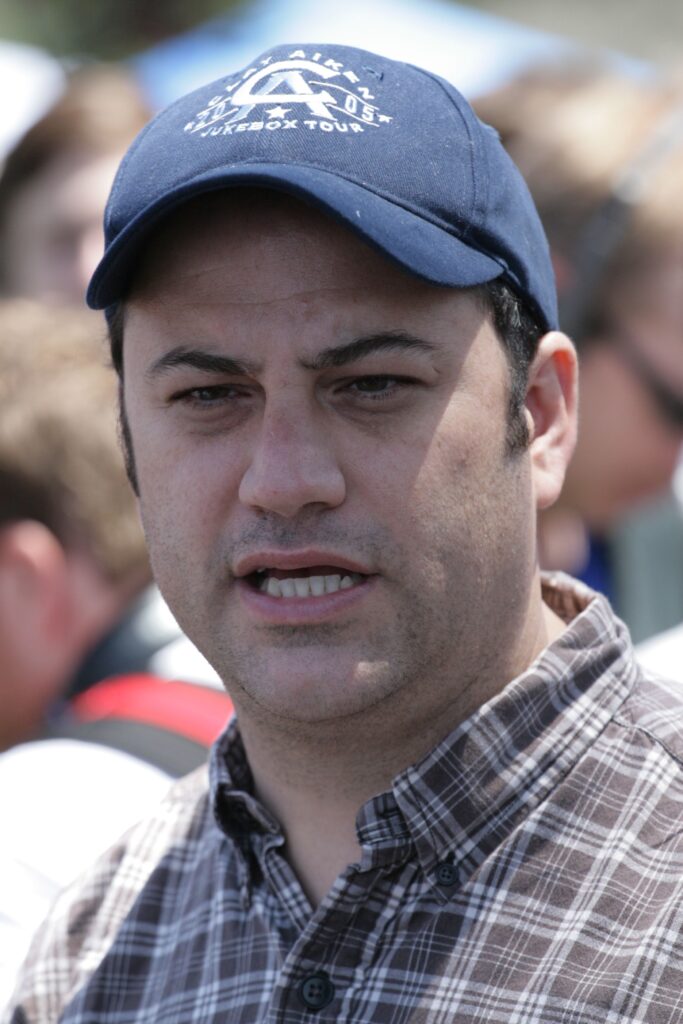
10. **Kimmel’s Past Controversies Resurface** While the immediate focus of the suspension revolved around Kimmel’s monologue and its political fallout, the controversy inevitably drew renewed attention to the host’s own past conduct. Critics were quick to point out instances where, they argued, Kimmel had previously engaged in behavior that warranted cancellation, suggesting a pattern of excused missteps that only now received significant repercussions. This re-examination of his history added a layer of complexity to the debate, challenging the narrative of Kimmel as an unblemished martyr for free speech.
Among the most frequently cited past incidents was Kimmel’s donning of blackface for a “frankly racist impersonation of Snoop Dogg” in 1996. Another resurfaced critique highlighted “grimly sexist comments” he made toward actress Megan Fox in 2009. These instances, according to detractors, were largely “brushed under the carpet” at the time, often after Kimmel offered what were perceived as “non-committal apologies” where he claimed to have “evolved and matured over the last 20-plus years.”
The host himself seemed to anticipate future criticism based on his past, once suggesting, “I know that this will not be the last I hear of this and that it will be used again to try to quiet me.” For many critics, the resurfacing of these controversies underscored a perceived hypocrisy, arguing that Kimmel had been granted a degree of leniency in the past that was not extended to others, particularly those on the right who faced different forms of “cancel culture.” This historical context colored the perception of his current suspension, fueling the argument that his downfall was less about free speech and more about accumulated misjudgment and perceived selective accountability.
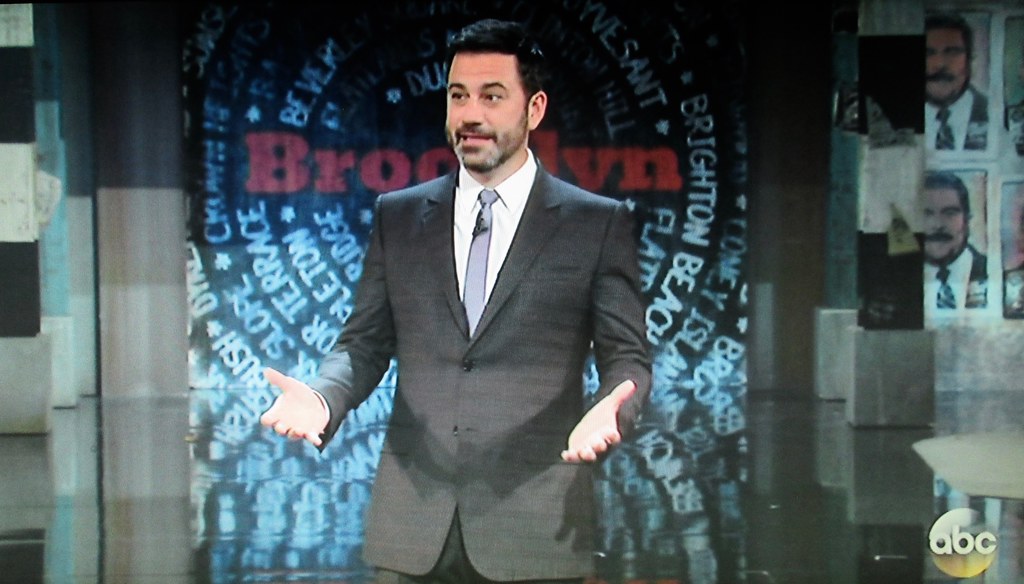
11. **Critiques of Kimmel’s Comedic Style and Brand** Beyond the specific monologue that triggered the suspension, many long-standing critiques of Jimmy Kimmel’s comedic style and the overall brand of his late-night show also came to the forefront. These criticisms suggested that the show’s struggles and eventual suspension were not merely a political reaction but also a consequence of an increasingly narrow appeal and a perceived decline in comedic quality. The argument emerged that Kimmel’s approach had alienated a significant portion of the audience, contributing to his show’s precarious position.
Commentators noted Kimmel’s “regular political soliloquies” and a perceived “lack of any comedy that appeals to anyone outside an obnoxious liberal bubble.” This assessment suggested that his humor had become overly politicized, catering exclusively to a particular demographic while failing to engage or entertain a broader viewership. The shift towards overtly political commentary, critics argued, diminished the show’s universal appeal and transformed it from a diverse entertainment platform into a niche partisan outlet.
A prime example of what some considered Kimmel’s “irritating, drawn-out and smug running ‘joke'” was his manufactured feud with actor Matt Damon. This segment, which “may have been briefly amusing for a couple of gags,” was described as having “lasted, in some form, for twenty years (twenty years!).” Critics labeled it “grotesquely overstretched far beyond any enjoyable or even bearable period,” symbolizing a broader issue with Kimmel’s comedic execution—bits that outstayed their welcome and highlighted a perceived lack of fresh material or imaginative direction.
Furthermore, Kimmel’s self-fashioned persona as “less as a multi-millionaire interviewing celebrities and telling not-that-funny jokes on late-night television and more as a principled one-man source of opposition to Trump and MAGA” was also scrutinized. While this positioning might have endeared him to those on the left, for “those on the right, or even of no political allegiance whatsoever,” his attacks on the administration were seen as “less like bravery and more like a childish urge to bear-bait.” This perception contributed to the narrative that his suspension was a consequence of his own ego and “toxic politics,” rather than a violation of free speech principles.
12. **The Financial Realities of Late-Night Television** The controversy surrounding Jimmy Kimmel’s suspension also brought to light the underlying financial vulnerabilities and intense competitive pressures facing late-night television in the current media landscape. While political rhetoric often dominated the discourse, the economic realities of struggling viewership and advertiser demands played a significant, if often unstated, role in the network’s drastic decision. This perspective suggested that Kimmel’s troubles were not purely ideological, but deeply rooted in commercial viability.
Key to this understanding were Kimmel’s ratings, which showed his program lagging “some 650,000 viewers behind Stephen Colbert’s” “The Late Show.” This viewership gap was particularly concerning given CBS’s prior announcement that Colbert’s show, despite its lead, would be “permanently take off the air next year” due to “financial reasons.” Colbert’s program was notably “bombing among the 18-to-49-year-old demographic that advertisers are chasing,” indicating a broader struggle for late-night programs to capture crucial younger audiences.
Comparatively, Kimmel’s own ratings offered little solace, with his “strongest performance in a year” placing him “just 1,000 viewers ahead of Colbert among those viewers.” This narrow margin underscored the precarious nature of his show’s commercial standing. The context explicitly stated that “If the finances for Kimmel’s show are anything like Colbert’s, then he is already losing his boss’s money.” This financial strain, when combined with his “worse ratings, his overpoliticized ‘comedy,’ and lying to the public about the facts of a major political assassination,” made the suspension appear as a “predictable development” driven by business imperatives.
The economic pressures on networks, compounded by a desire to avoid costly boycotts from affiliates and advertisers, provided a compelling, non-ideological rationale for ABC’s actions. The decision to suspend Kimmel’s show, from this viewpoint, was a pragmatic move to “stem the bleeding” of potential financial losses rather than an act of pure censorship. This perspective highlights the often-unseen corporate calculations that underpin major programming decisions in an increasingly challenging broadcast environment.
Read more about: Hold Up, What?! Unpacking the 12 Sketchy Things Everyone Just Sorta Ignores About Jimmy Fallon and ‘The Tonight Show’
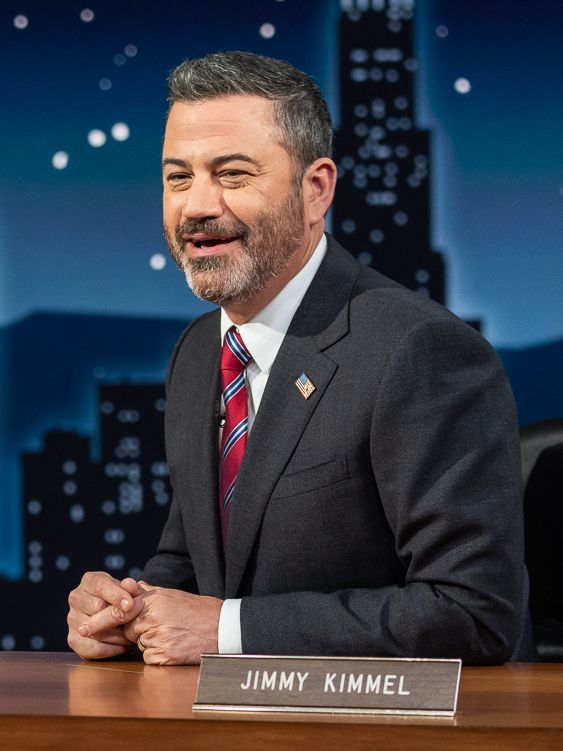
13. **Broader Industry Trends and the “Cancel Culture” Debate** Jimmy Kimmel’s suspension, regardless of its immediate causes, became a significant touchstone in the ongoing national debate about “cancel culture” and the broader trends affecting media freedom and expression. The incident sparked varied interpretations of what constitutes legitimate consequences versus governmental overreach, reflecting the deep ideological fissures in American society regarding media accountability and censorship. It prompted a re-evaluation of the power dynamics between political figures, corporations, and the public.
Former President Barack Obama weighed in with a stark warning, asserting that “the current administration has taken it to a new and dangerous level by routinely threatening regulatory action against media companies unless they muzzle or fire reporters and commentators it doesn’t like.” Obama explicitly called on media companies to “start standing up rather than capitulating” to these pressures, framing the situation as “precisely the kind of government coercion that the First Amendment was designed to prevent.” His remarks underscored a growing concern about media companies’ willingness to bend to political winds.
The Foundation for Individual Rights and Expression (FIRE), a prominent free speech advocacy group, echoed this sentiment, lamenting the absence of institutional resolve. They stated, “We cannot be a country where late night talk show hosts serve at the pleasure of the president. But until institutions grow a backbone and learn to resist government pressure, that is the country we are.” This call for stronger institutional resistance highlighted a perception that the media landscape was becoming increasingly susceptible to external influence, threatening its independence.
Conversely, some commentators offered a different perspective on “cancel culture.” Dave Portnoy, founder of Barstool Sports, argued that Kimmel’s situation was not “cancel culture” but rather “consequences for your actions.” He wrote, “When a person says something that a ton of people find offensive, rude, dumb in real time and then that person is punished for it that’s not cancel culture. That is consequences for your actions.” This viewpoint challenged the notion that all negative repercussions for public figures constitute illegitimate censorship, distinguishing between governmental coercion and accountability for perceived falsehoods or offensive remarks.
Democratic Senator Chris Murphy also articulated profound concern, lamenting “the systematic destruction of free speech in this country” and issuing a “red-alert moment.” He urged Americans to protest, linking the administration’s actions to a broader assault on democracy. DNC Chair Ken Martin further emphasized this alarm, stating, “The state under Donald Trump has amassed a chilling record of restricting speech, extorting private companies, and dropping the full weight of the government censorship hammer on First Amendment rights.” These varied reactions underscored the profound and multifaceted nature of the debate, positioning Kimmel’s suspension as a critical case study in contemporary media ethics and political power.
14. **Diverse Conservative Perspectives on the Suspension** While President Trump and FCC Chairman Brendan Carr publicly celebrated Jimmy Kimmel’s suspension, presenting it as a justified outcome for poor performance and irresponsible commentary, the conservative reaction was not entirely monolithic. A range of voices within the conservative media ecosystem offered nuanced, and at times differing, justifications for the network’s decision, moving beyond simplistic celebrations to articulate specific critiques of Kimmel’s conduct and the broader implications for media.
Sean Hannity, host of his eponymous Fox News show, expressed delight at the news, asserting that Kimmel’s program had “become nothing more than nonstop, never-ending, ‘hate Donald Trump.’” Hannity was keen to frame the suspension not as a result of political pressure, but rather because Kimmel “simply failed at his job,” implying a commercial rather than a purely ideological motivation. Former Fox News host Megyn Kelly similarly argued that Kimmel’s comment about Kirk’s alleged killer was a “vile disgusting lie,” emphasizing that “ANY EMPLOYER IN MEDIA WOULD SEE HOW DEPRAVED AND SICK THIS WAS,” concluding with a definitive, “In short, GOOD RIDDANCE.”
Matt Walsh, a commentator for The Daily Wire, reinforced this view by stating that Kimmel “deserves to be fired” because he “lied about Charlie’s assassination and used the opportunity to defame Charlie’s own friends and allies.” Conservative radio host and podcaster Mark R. Levin also joined the chorus, labeling Kimmel a “pathetic hate monger” who “should’ve been canned a long time ago. Better late than never.” These commentators focused heavily on the perceived factual inaccuracy and partisan bias of Kimmel’s monologue as the primary justification for his removal.
However, a notable deviation came from Brit Hume, Fox News’ chief political analyst. While acknowledging that the First Amendment does not protect performers like Kimmel from being canceled by their private-sector employers, Hume expressed a critical reservation. He wrote on X that he “would have liked the outcome a lot better if the chairman of the FCC had not involved himself in it.” This statement highlighted a subtle but significant distinction within conservative thought, where some, while disapproving of Kimmel’s content, remained wary of direct governmental influence in private media decisions, signaling a concern for institutional integrity even amidst political victories. These varied perspectives illustrate the complex motivations and principles at play within the conservative responses to Kimmel’s suspension.
Read more about: Robert F. Kennedy Jr.’s Divisive Path: Examining His Controversial Public Health Stances Amidst His Role as Secretary of Health and Human Services
In the aftermath of Jimmy Kimmel’s indefinite suspension, the late-night landscape and indeed the broader American media environment find themselves at a critical crossroads. This episode has laid bare not only the deep political polarization that defines contemporary public discourse but also the intricate interplay between artistic freedom, corporate accountability, regulatory power, and economic realities. The reactions from Hollywood, civil liberties groups, and political figures on all sides underscore that this was far more than just a comedian being taken off the air; it was a profound moment that tested the resilience of the First Amendment, exposed the commercial pressures on traditional media, and ignited a fervent debate about the very nature of free expression in a democracy. As the industry grapples with these complex forces, the future of late-night television, and the courage of institutions to stand firm against external pressures, remains an unfolding story with far-reaching implications for how we receive, interpret, and challenge information in an increasingly volatile world.


